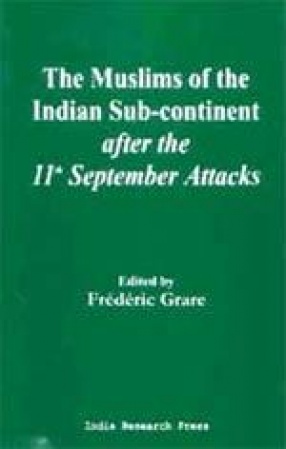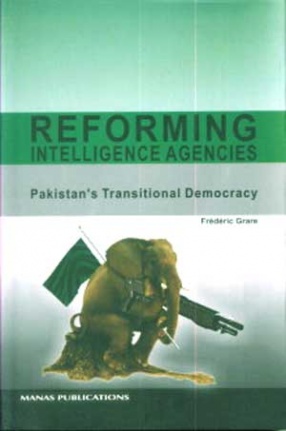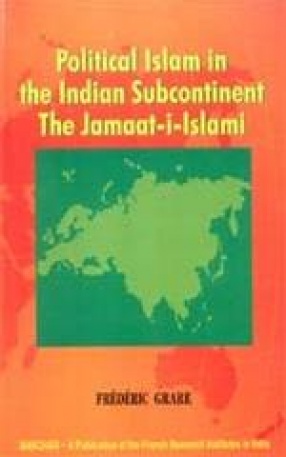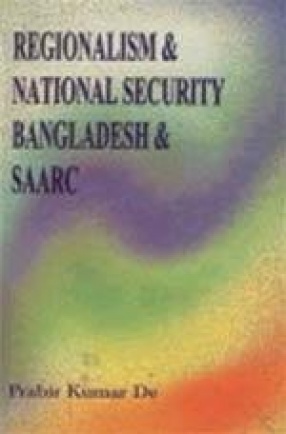The aggression against America evoked a special kind of response in the Indian subcontinent whose fragile geopolitical balance has been put to the test. The American action of putting anti-Pakistani elements at the head of government in Afghanistan, has also affected Islamabad’s policy towards India…. A chain reaction which, from terrorist attacks to retaliatory measures, has led India and Pakistan to the brink of a confrontation. These attacks were perpetrated in the name of Islam, awakened in the Indian sub-continent more than anywhere else, the fear of the stepping up of fundamentalism among the Muslim populations and of their eventual tilt towards Islamic extremism. This led numerous western observers to raise doubts over the stability of a Pakistan always perceived as likely to lapse at any moment into a radical form of Islamism, and sparked off once again, particularly in India, the debate on the issue of terrorism, and more generally of recourse to violence as an intrinsic component of Islamic fundamentalism, at a time when the Palestinian question was once again leading to eruptions of violence in the middle east. This latter interrogation raised in tandem the question in this region of the world, of the manner in which non-Muslims perceive Muslims, raising implicitly that of a possible ‘clash of civilisations’. The present study examines the two issues, of the evolution of the geopolitical balance in the Indian sub-continent and that of the dialectics of the relationship between Muslims and non-Muslims. It is made up of four studies devoted respectively to the reactions of the Indian Muslim community, the situation in Kashmir after the September 11 attacks, the diaspora of the Indian sub-continent in the United States, and the political stability of Pakistan viewed by way of the role being played by the Islamist parties.
Reforming Intelligence Agencies: Pakistans Transitional Democracy
Pakistan, since evolution in ...
$34.20
$38.00








There are no reviews yet.